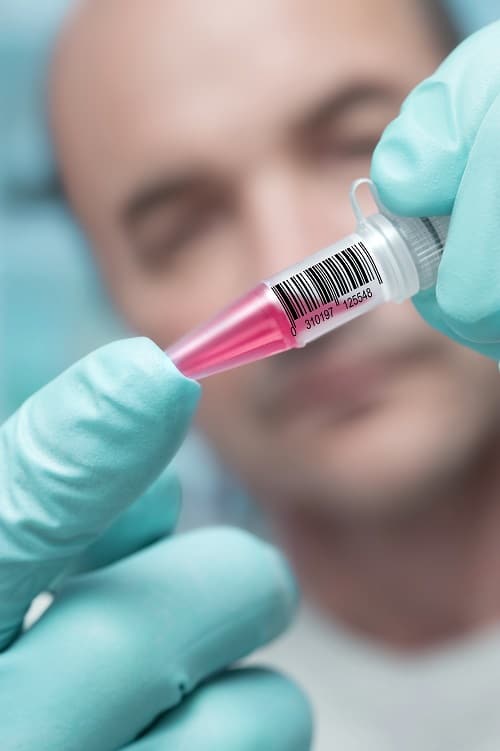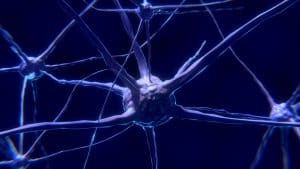
Immunotherapy firm develops breakthrough method for robust bispecific antibody production
pharmafile | August 30, 2017 | News story | Research and Development | antibodies, immunotherapy, merus, pharma, pharmaceuticals
A team of researchers at Dutch immunotherapy research firm Merus have developed an approach to efficiently manufacture bispecific antibodies which are able to bind to two separate target molecules simultaneously, heralding a potential breakthrough in the space.
The traditional form of antibodies in the human body is a ‘Y’ shape, and usually both ‘arms’ bind to the same target. Scientists have been able to engineer antibodies in which both arms bind to different targets, but these bispecific antibodies are less stable and fall apart more easily, making mass production highly challenging.
However, a team at Merus led by Chief Technology Officer John de Kruif have averted these challenges by altering the structure of natural human immunoglobulin G (IgG), the most common antibody in the human body.
“We have made, in a complete IgG molecule, only four changes to get from a normal monospecific antibody into bispecific antibody,” explained de Kruif. “The great thing is that it looks so much like a normal antibody that we can produce it well and we believe we know how it will behave.”
To incite these four changes, the team introduced oppositely charged amino acids to two different ‘heavy chain’ protein components of the antibodies, ensuring that identical heavy chains would repel each other, instead of attracting as they would naturally. The researchers also utilised virtual screening software to run computational simulations to identify and validate where to introduce these charges in order to achieve the desired result. This ensured that the antibodies would become bispecific while only slightly modifying the ‘backbone’ of the heavy chains, enabling them to retain their stability and pharmacokinetic properties.
“Using the virtual screening software provided a baseline,” said Linda Kaldenberg-Hendriks, who led the testing of the antibodies. “We identified potential good candidates for design choices in the heavy chain sets, then generated the proteins and characterised them thoroughly. When we saw that they were behaving the way we wanted them to, it was really satisfying.”
Production and purification and IgG antibodies is an established practice within the industry, meaning that the team simply provided manufacturers with the key changes to the protein sequences which resulted in the formation of bispecific antibodies. The research was applied to cancer cell growth factor complexes, antibodies for which are currently in clinical trials.
“Antibodies are capable of being so specific, and you can tweak and tune them,” Kaldenberg-Hendriks added. “With bispecific antibodies, we believe we can choose the affinities of both arms and balance them so that you can more specifically target tumours, and also recruit other cells or molecules to attack the tumour cells without many side effects. We really think it’s the way forward.”
Matt Fellows
Related Content

LGC Group opens $100M Organic Chemistry Synthesis Centre of Excellence
LGC Group, a life sciences company, has opened its new Organic Chemistry Synthesis Centre of …

CuraCell granted approval for trial of new therapy for metastatic cancers
Swedish immunotherapy company, CuraCell, has received approval from the Paul-Ehrlich-Institut in Germany to begin a …

Central nervous system cancer metastases – the evolution of diagnostics and treatment
The current forms of immunotherapy, how T cell therapy works and what the future holds






